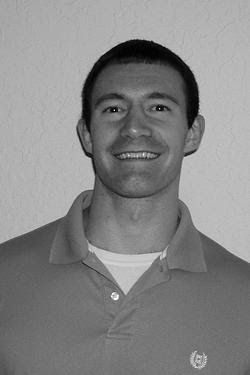Orthorexia takes health food too far
February 26, 2014
As many Americans know, consuming a diet that is consistent with MyPlate recommendations for a given age, gender and activity level is considered to be “healthy.” If this is the case, then obsessing over healthy eating, consuming meals prepared only by your own hands, never eating out and avoiding foods that are processed or non-organic all while trying to meet MyPlate guidelines is healthy too, right?
Not exactly. How healthy is too healthy?
Although not yet diagnosed as an eating disorder, “orthorexia nervosa” or just “orthorexia” is a term defined by the Academy of Nutrition and Dietetics as, “an unhealthy fixation on eating healthy or pure foods,” is an emerging disordered eating pattern.
Initially, an individual starts out with the intention of eating healthy. As time goes on, the person obsesses over what he or she puts in their body, only eating foods that are raw, “pure,” organic, and non-processed and all too often, completely omitting entire food groups such as grains or dairy.
Not only does this type of eating result in significant calorie restriction, but it can also lead to inadequate intakes of protein, fat, vitamins, and minerals and ultimately, malnutrition.
Unfortunately, those who have orthorexia no longer have a healthy relationship with food as a result of learning inaccurate information from sources that aren’t credible (i.e., certain magazines and websites). Trying to consume the “perfect” diet is a constant struggle and may become more difficult when the individual learns about new information not backed up by research.
Unlike anorexia nervosa, the quality, not the quantity of the food, becomes the fixation. Individuals who may be suffering from orthorexia devote an overwhelming amount of time to preparing and choosing what they believe to be “healthy” foods. Deviation from one’s “healthy” diet often results in self-loathing and personal punishment such as stricter eating, excessive exercise or fasting.
If you know someone who may be suffering from orthorexia, don’t hesitate to consult with a registered dietitian or therapist in your area. To receive additional information and help, please visit the National Association of Anorexia Nervosa and Associated Disorders website at http://www.anad.org/.










